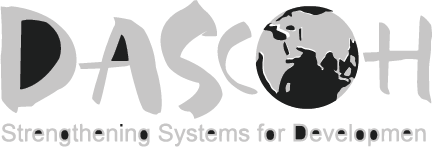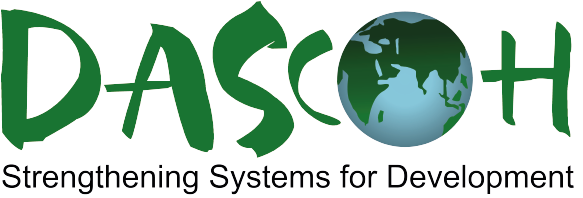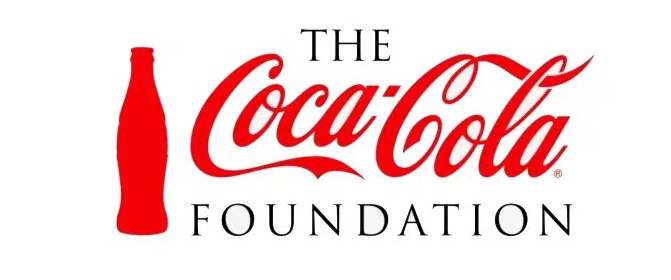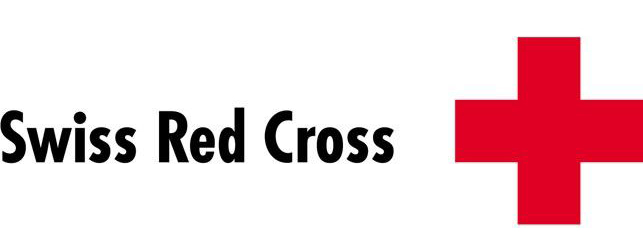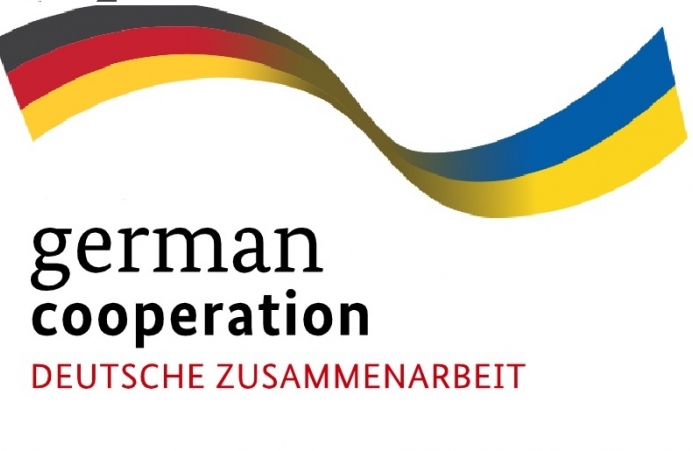
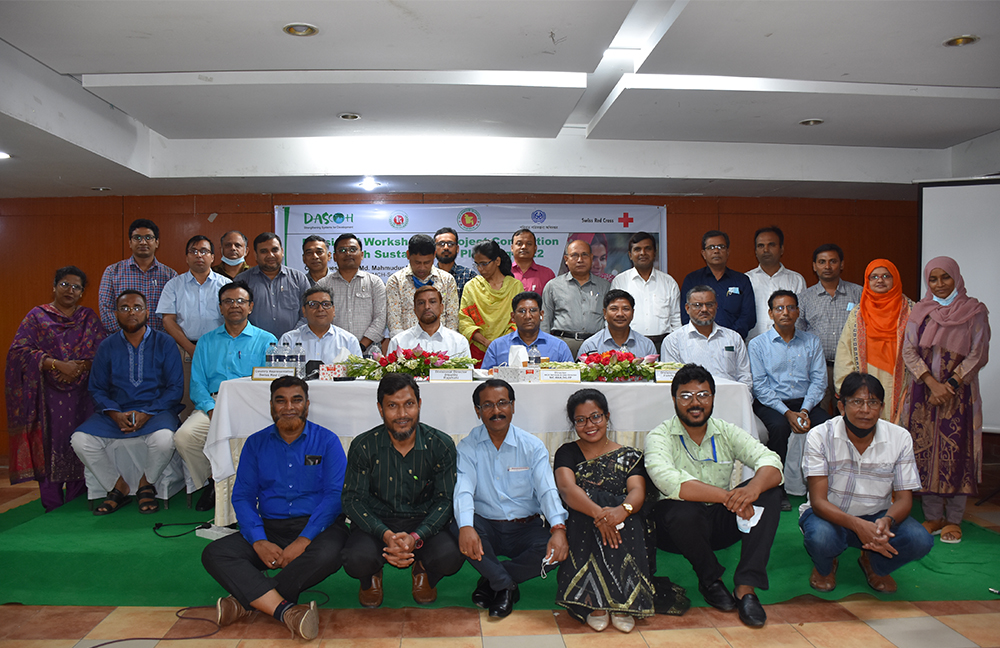
About DASCOH
Since last three decades, DASCOH is leading in Bangladesh to plan, develop and manage health, safe water, sanitation, local governance, Human rights focusing women, girls and marginalised, livelihood of the climate vulnerability and sustainable integrated water resource management related projects. The organization is presently serving millions of people in different parts of North-Western region of Bangladesh.
DASCOH works with the Local Government to improve the governance and transform them into agencies that do not necessarily provide services directly but ensure their availability through involvement of state and non-state actors. The organization developed and applied proven strategies to enhance institutional capacities of LGIs (Local Government Institutions) for effective and results oriented partnerships. DASCOH is presently advocating for a reform to make LGIs truly decentralised, institutionally effective, financially viable, participatory, gender sensitive, transparent and accountable so that the community members could participate actively in need-based development as well as to alleviate poverty and reduce socio-economic inequality.
Development Association for Self-reliance, Communication and Health in short DASCOH was founded on 15 June 1994 as a voluntary association in accordance with the Swiss Civil Code of Conduct with the support of Swiss Red Cross. While it was registered as Swiss international NGO having its headquarters in Berne, Switzerland, DASCOH came into being on 17 May 1995 in Bangladesh as an international NGO after its registration with NGO Affairs Bureau. The invaluable experience gained in Bangladesh has prompted DASCOH Governing Board, based in Switzerland, to transform DASCOH as a Bangladeshi national NGO and complement and supplement Bangladesh’s national programs as a key non-state development partner in the country. Accordingly, DASCOH was transformed as DASCOH Foundation into a national NGO on November 14, 2013 under the Societies Registration Act, 1860 and consequently renewed registration with the NGO Affairs Bureau. Since the establishment of DASCOH foundation as a national NGO, SRC has been consistently supporting DASCOH to emerge as a self – reliant organisation with wide ranging capacities in health systems strengthening, WASH and integrated water resource management (IWRM), and in cross cutting domains such as promoting good local governance, gender mainstreaming and conflict sensitive programme management. The support also covers strengthening organisational development (OD) of DASCOH. The programmatic and OD support of SRC has been geared towards enabling DASCOH to emerge as a credible national organisation that works with the most disadvantaged population living very often in hard to reach areas, has a strong result focus, is supported by a transparent and accountable organisational culture, and leads to improved governance and development outcomes through its programmatic initiatives.
DASCOH envisions a poverty-free society in which all citizens having equitable access to resources, services and opportunities enabling them to realise their full potential and wellbeing.
Empower poor and disadvantaged communities to overcome poverty, illiteracy, disease, and social injustice through programming aligned with their needs and foster partnerships that enable to realise their potential.
Strategic Objective
Our strategic objectives encompass Public Health, Quality Education, Climate Resilience, Livelihood, and Human Rights. These pillars represent our dedication to creating positive and sustainable change in these vital areas.
Public Health
Strengthened public health care institutions to render universal and quality health, nutrition and sanitation services
Climate resilience
Reinforced community resilience to climate change and disaster risks, with a particular focus on water & environment
Human Rights
Human rights and inclusive governance ensured
Quality Education
Equitable access and sustained enrolment of all to quality pre-primary, primary and secondary education
Sustainable Livelihood
Improved livelihood for the poor and marginalised




